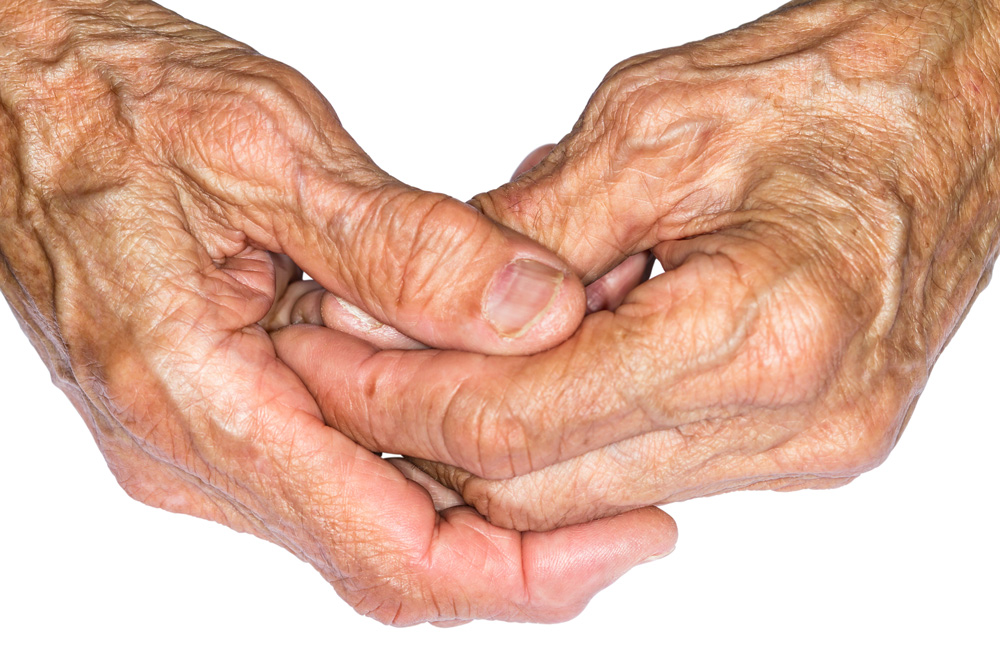What happens to our bodies as we age
Aging is something we are all familiar with, along with the tell-tale signs of sore joints, grey hair, and wrinkles that show just how much we’ve laughed. But most of us don’t really understand what is happening to our bodies as we age, or what this means for the different parts of our bodies and how they function.

Our Cells & Organs
Every day cells in our body die and are replaced with fresh new cells. As we age our cells naturally die, sometimes because they are programmed to, sometimes because they are damaged in some way.
Our organs and their functionality is affected by this cell death. Older cells don’t function as well and as such our organs begin to function less well—everything from our heart and kidneys, to our lungs and our brain. The healthier we are the more functioning cells we have in our organs.
Our Bones & Muscles
As we age, many of us end up shrinking, usually by about two-inches by the time we are 80 years old. A lot of this has to do with the vertebrae in our spine compressing and somewhat because of changes in our legs and feet as well.
We also find that as we age more muscle mass turns to fat, with an average of 14 – 30% increase between the ages of 25 to 75. A lot of this has to do with hormone composition in our bodies, but don’t use this as an excuse to slack off with exercise and diet control or you could quickly exceed these averages.
Our muscles will shrink alongside this increase in fat, getting smaller and less robust. This is usually followed closely by bone loss as our bones slow their repair cycles and become thinner and more porous. This will also be paired with a decrease in the cartilage in our joints (and this is why as we age our joints become increasingly sore as more strain is put on them).
Our Mouth & Nose
For most of us, we won’t notice the gradual decrease in our taste or smell as we reach our 50s. As we age our taste buds decrease in sensitivity and we tend to taste sweet and salt more than bitter and sour. Our sense of smell also decreases meaning we detect less of the nuances of complex foods and flavours.
Our Brain
In a healthy brain there is a varied but not drastic decrease in the nerve cells of the brain. But as cells are lost new connections are made, new clusters are used, or duplicate functional groups are used as redundancies. The receptors that send signals to the brain may decrease also meaning our sense of touch and pain change as we grow older. This can be due to decreasing spinal fluid or any number of reasons.
As we age we also become more susceptible to stroke, Alzheimer’s disease, or other dementias, which is why exercising our brain is just as important as the rest of our body as we age.
If you have any concerns or would like some help living more comfortably at home, please don’t hesitate to give us a call at 1-866-982-2737 and speak with some about setting up an at home care assessment today.
Sources:
Changes in the Body With Aging: https://www.merckmanuals.com/en-ca/home/older-people%E2%80%99s-health-issues/the-aging-body/changes-in-the-body-with-aging
How does Our Body Change as We Age? (Part 1): https://www.psychologytoday.com/blog/the-art-and-science-aging-well/201705/how-does-our-body-change-we-age-part-1
Book Your Free Home Care Services Consultation Today.
We go above and beyond the basics in providing advanced approaches to professional home health services. In addition to specialized care at home, you can choose from a complete range of reliable and compassionate home support, companion care, or personal care at home depending on your unique needs.
